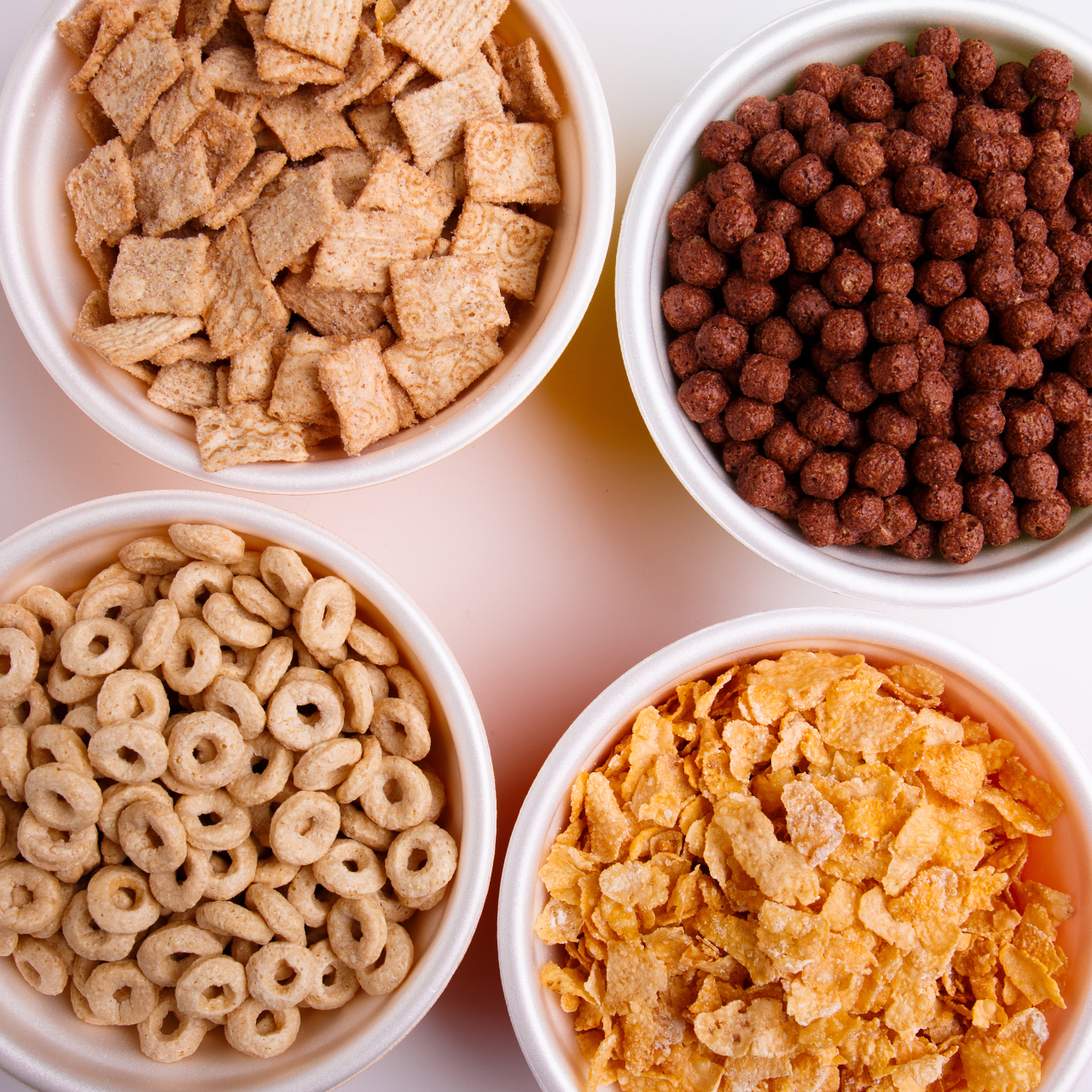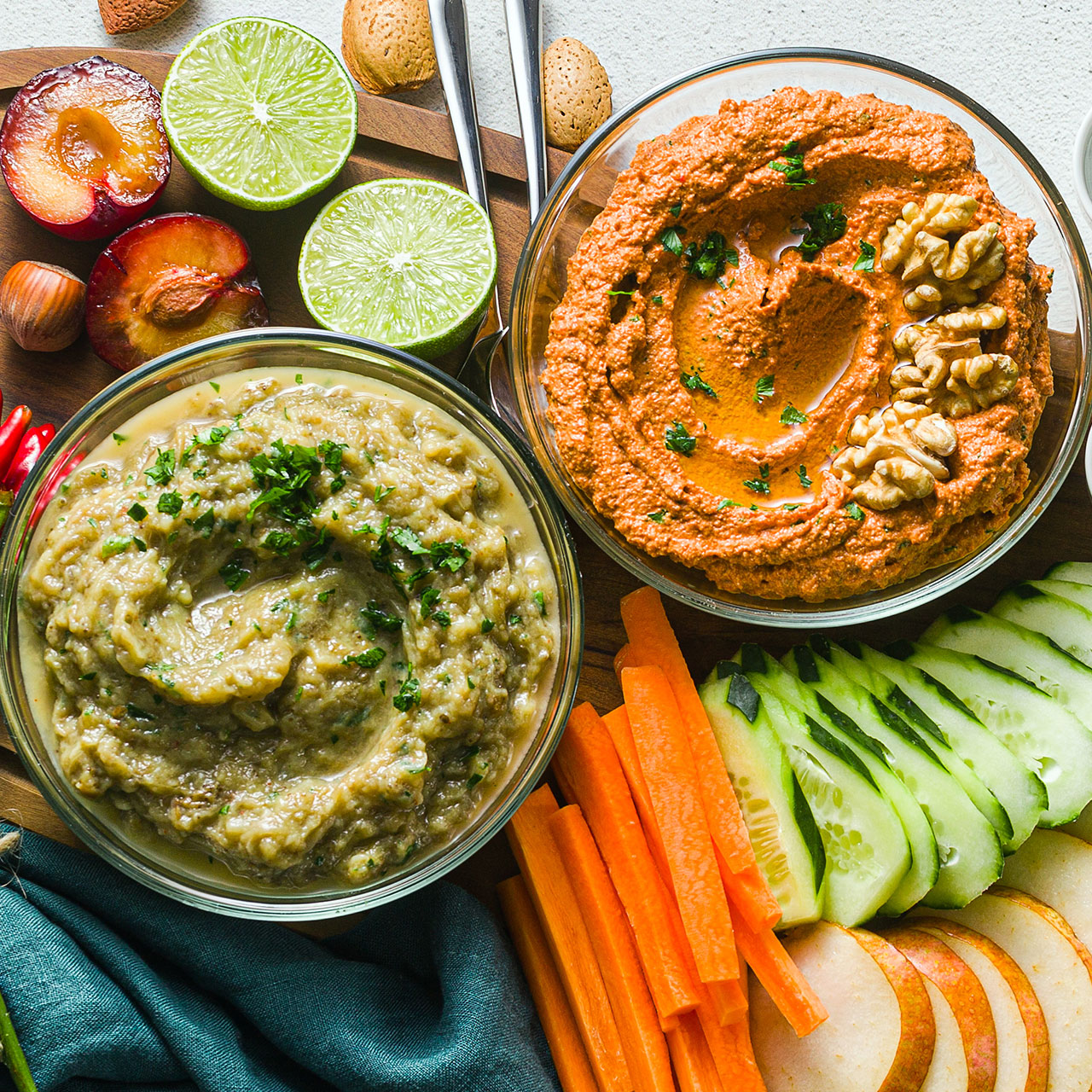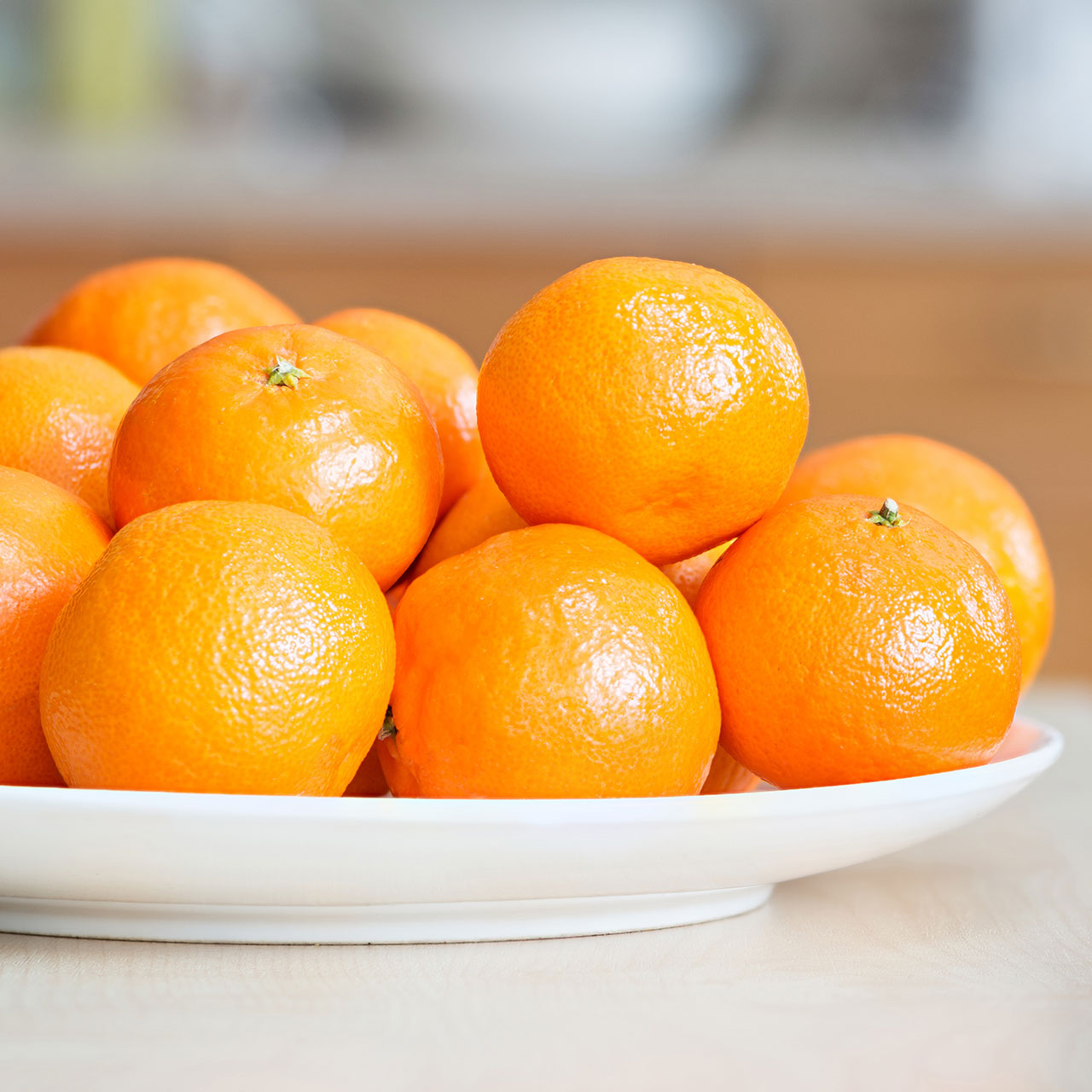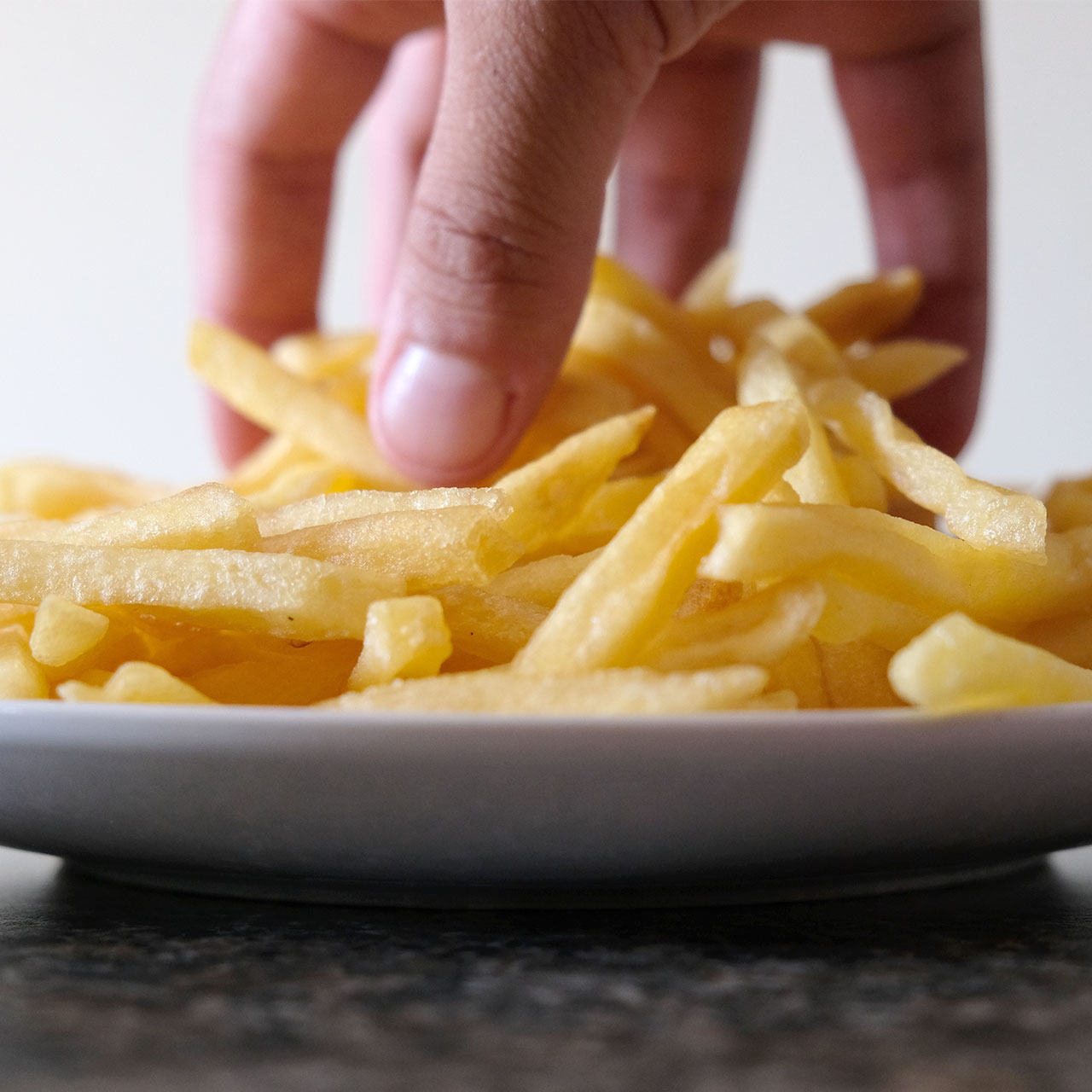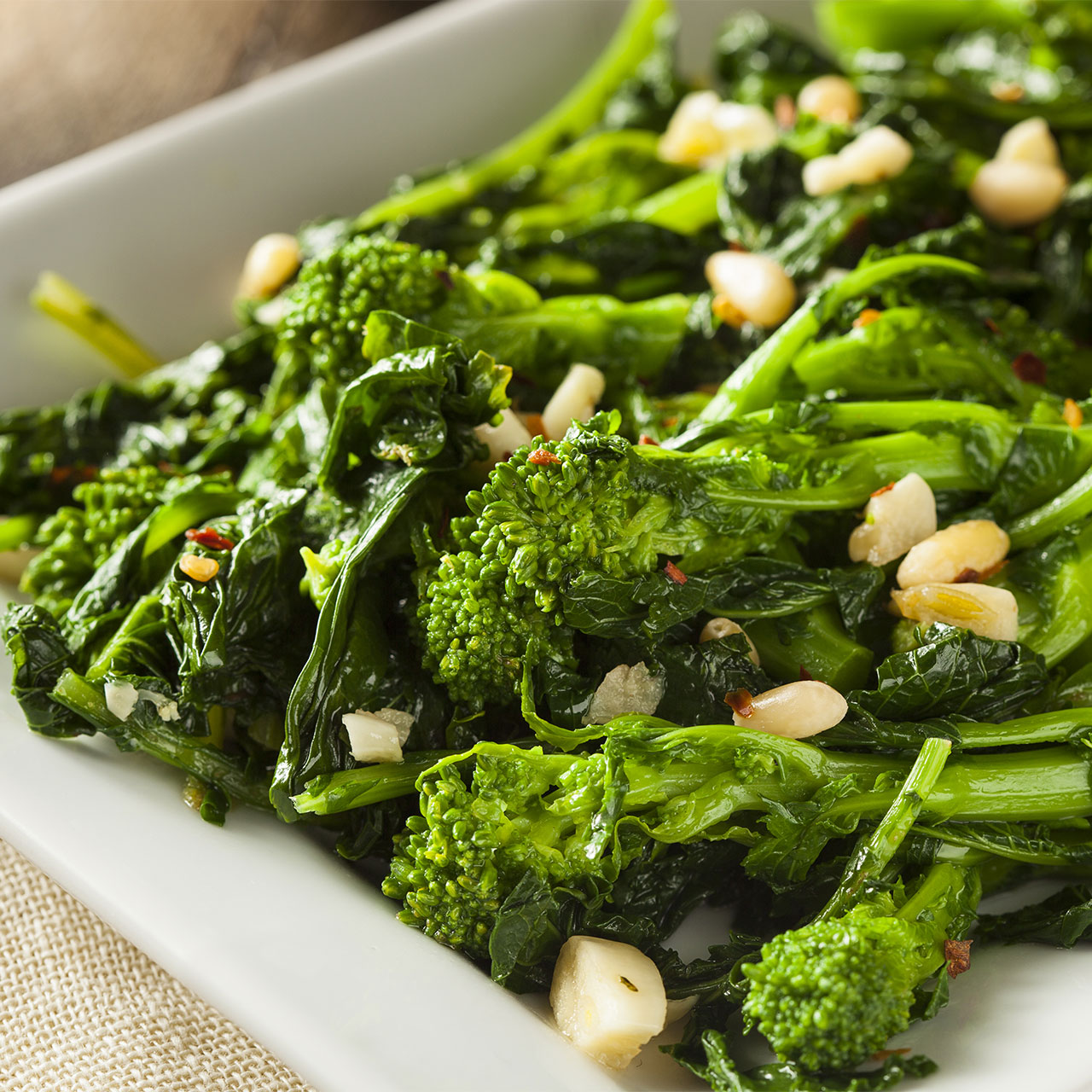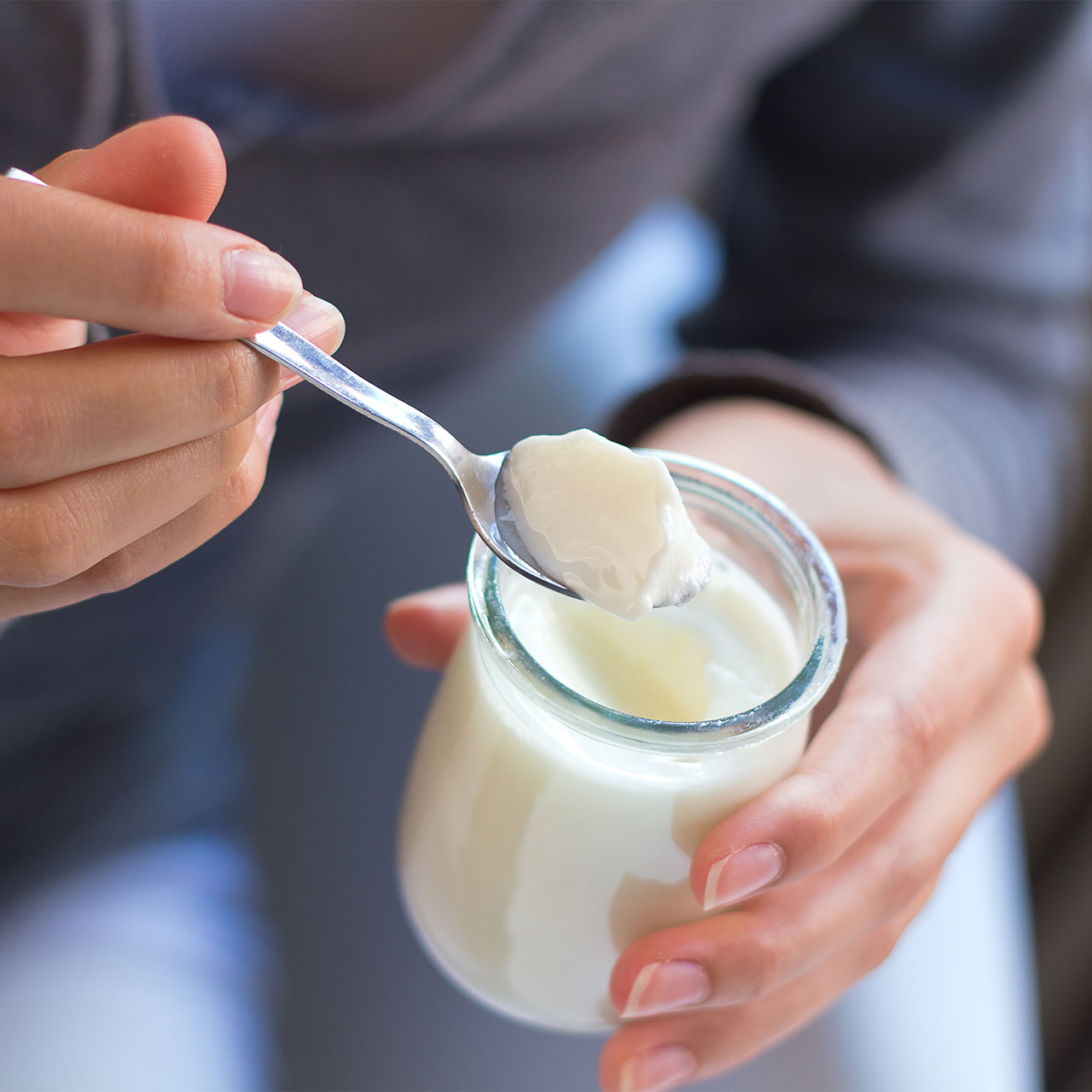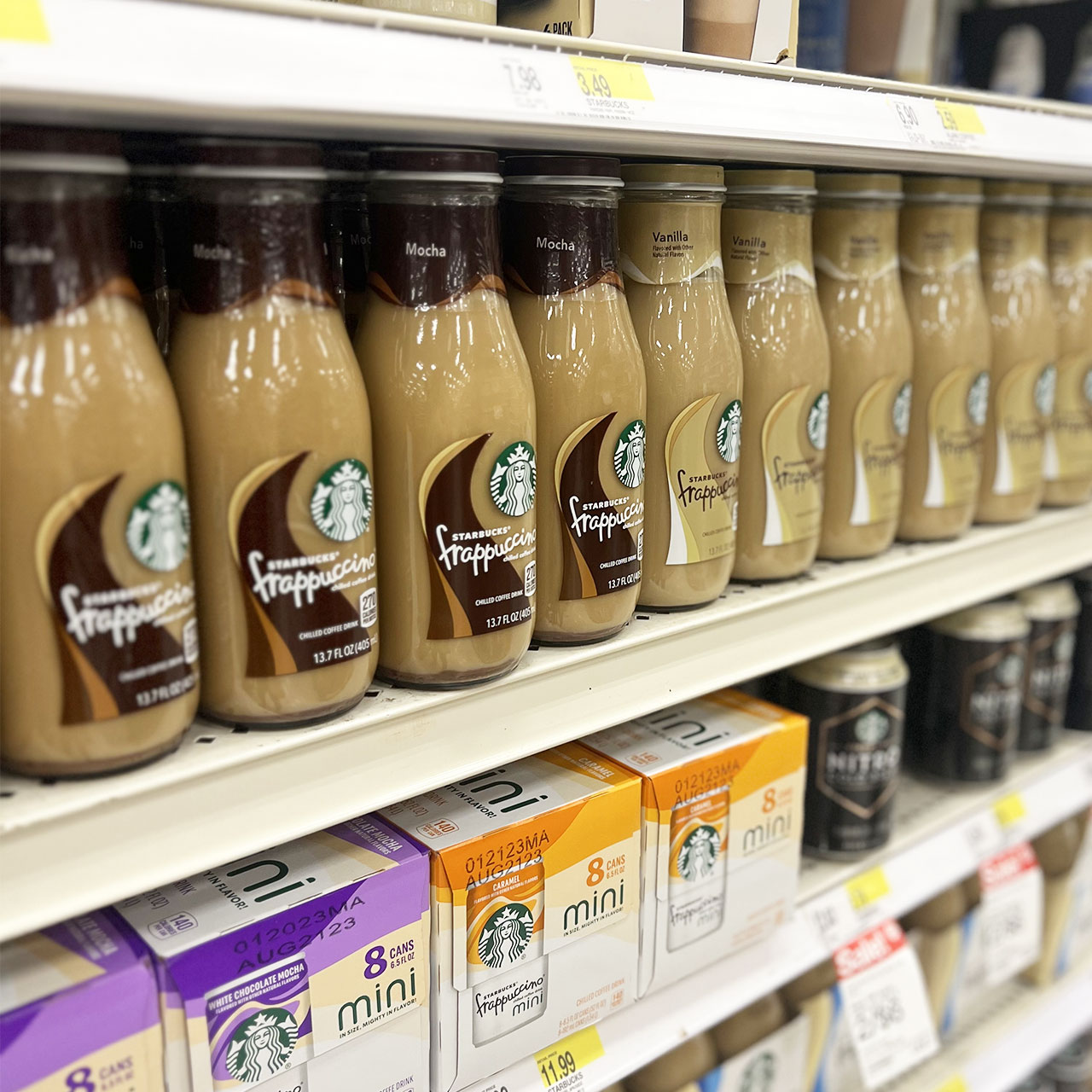Losing weight healthily is no easy feat, and neither is keeping track of everything you consume. However, if your goal is to drop a few pounds by springtime, having a food journal can immensely aid your journey.
We checked in with a registered nutritionist and health expert for two essential tips to keep in mind when meal planning and journaling to help weight loss feel so much easier. Read on for suggestions and insight from Lisa Richards, registered nutritionist and creator of The Candida Diet.
READ MORE: Dietitians Agree: These 6 Weight Loss Tips Should Be Followed For Life


First Off, Why Is Food Journaling Effective For Many?
You may have been advised to keep or a food journal, or wonder why many dietitians, nutritionists and other health experts recommend it for healthy weight loss. One great aspect of this, Richards says, is practicing problem solving. "A food journal can help you identify specific situations or triggers that may be contributing to unhealthy eating habits," she explains. This, then allows you to come up with strategies to address these issues.

In addition, keeping a food journal can also help you stay motivated (working to lose weight can often feel daunting and exhausting). "Tracking progress in a food journal can be motivating and provide a sense of accomplishment as you work toward your health goals," Richards points out. With that said, here are two tips to remember before starting your journal:

1. Be Accountable And Aware Of What You Eat And Drink
Being honest with yourself and keeping track of your daily meals, snacks and drinks can be immensely helpful when it comes to finding out what foods make you feel best after eating (and which ones to avoid!) "Food journaling can help you become more aware of what you are eating and drinking on a daily basis," Richards says.

This, she stresses, can "help you identify patterns, such as overeating or consuming too much of certain foods or nutrients." A food journal can help you stay accountable to yourself and your health goals, she adds. "It can also help you identify areas where you may need to make changes in your diet or lifestyle," she continues.
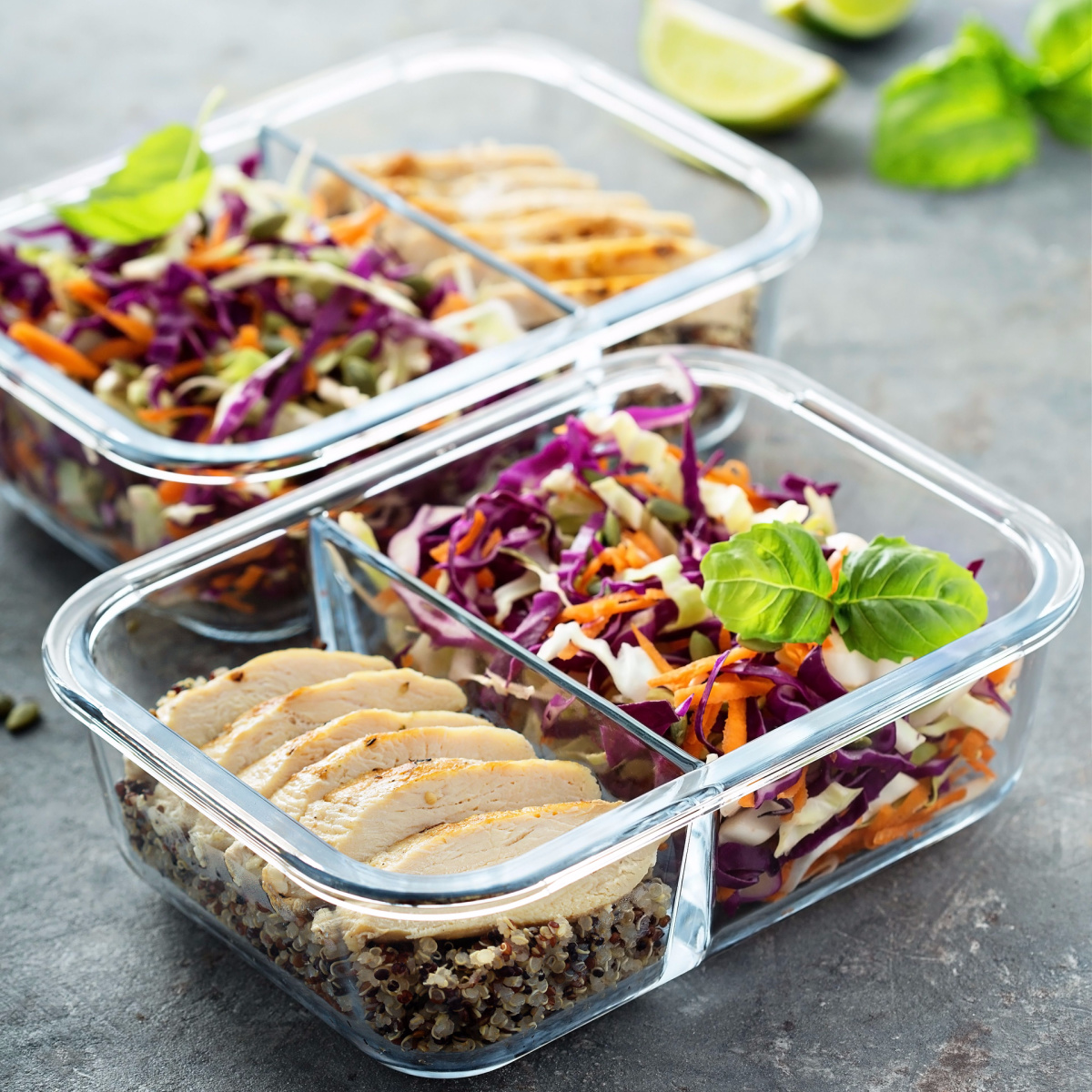
2. Be Clear About Your Health Goals
As you list what you eat and drink, it's also important to keep a reminder of your health goals in your journal as well. The more you see this, Richards says, the more likely you are to stay motivated and effectively plan your meals. "Food journaling can help you set and track progress toward specific goals, such as eating more fruits and vegetables, reducing your intake of processed foods, or increasing your water intake," she concludes. (The more you know!)



